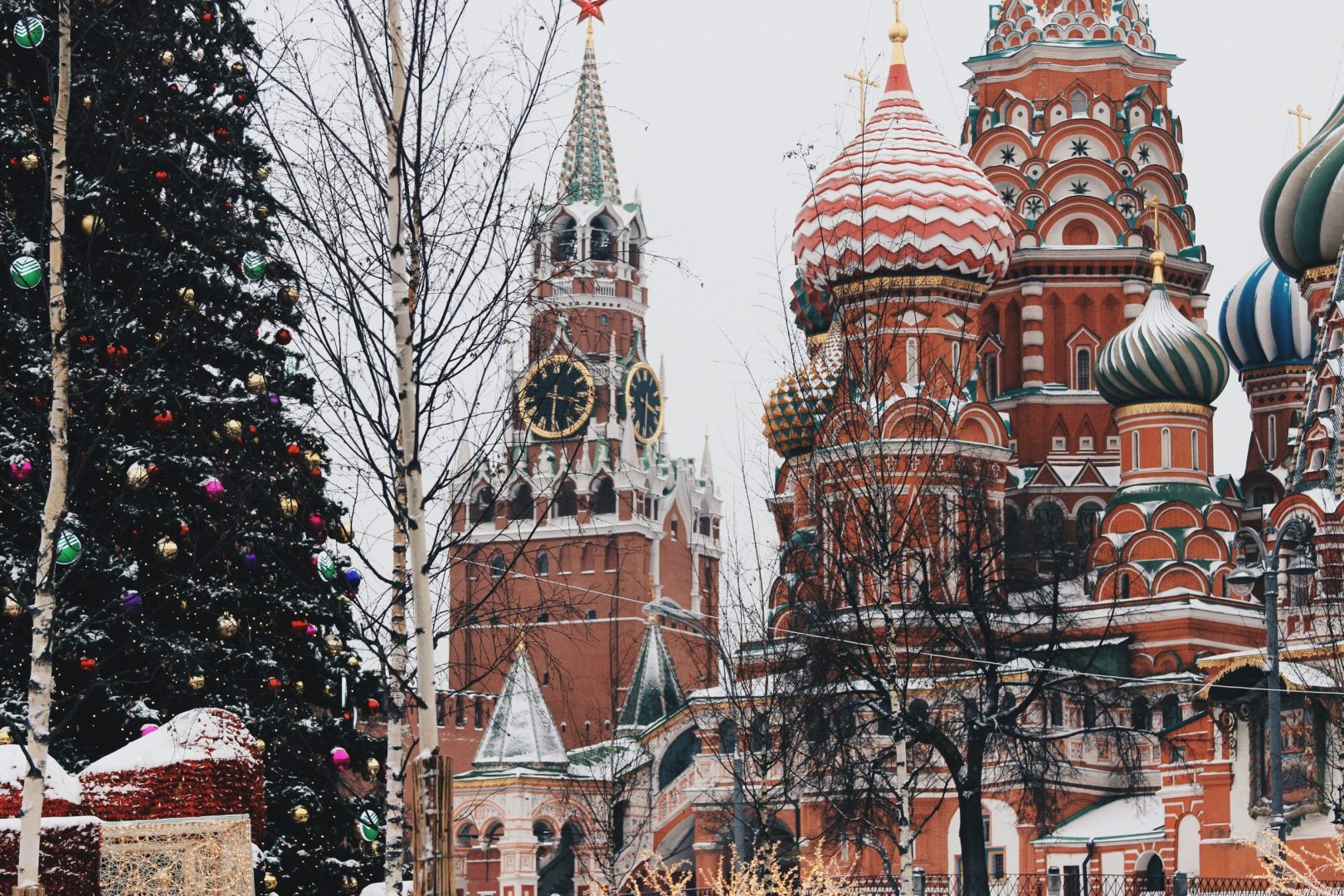
In June 2020, the federal law No. 171-FZ came into force. The main rational of this law is to grant exclusive jurisdiction to the Russian state commercial courts (arbitrazh courts) over disputes involving a Russian party (or its foreign subsidiary) who has been sanctioned by a foreign state regardless of existing arbitration or jurisdiction agreement.
According to the law even if the parties have agreed to the jurisdiction of a foreign court or an arbitral tribunal seated outside of Russia, sanctioned persons will be able to disregard the dispute resolution provisions if they cannot be enforced due to sanctions. A sanctioned person affected would need to assess the effect of sanctions on the contract, and, if there are grounds to believe that the applicable dispute resolution provisions cannot be enforced, it can refer the dispute for adjudication by the first-instance Russian arbitrazh courts.
Furthermore, the law provides that sanctioned persons can apply to Russian arbitrazh courts for an anti-suit injunction to prevent the initiation or continuation of proceedings in a foreign forum where the sanctioned party potentially can be deprived of adequate protection due to its status. A foreign party failing to comply with the injunction imposed by a Russian court may be held liable to pay monetary compensation up to the amount claimed in the foreign proceedings. There is also a high risk that a resulting court decision or an arbitral award will not be enforceable in Russia.
It must be noted that the definition of sanctioned person provided by the law is quite vague and can be construed by courts very broad. It remains to be seen how Russian arbitrazh courts will apply the respective provisions. Highly likely that courts will use their discretion rathe frivolously by providing protection to persons and entities closely connected to the State.
It is worth to mention that as the law does not have extraterritorial effect, the relevant counterparty could nevertheless succeed in obtaining and enforcing abroad a foreign court decision or a foreign arbitral award in spite of the anti-suit injunction granted by the Russian court. However, it will still have to deal with and bear the consequences of any parallel proceedings in the Russian courts initiated in accordance with the new law.
This law may complicate even further the already complex arbitration regime established as a result of the Russian arbitration reforms of 2016 and 2019 and have a chilling impact on commercial relations involving cross border transactions with Russian parties, at least in cases where the foreign party either has assets in Russia or may wish to enforce any judgment/award in Russia.

